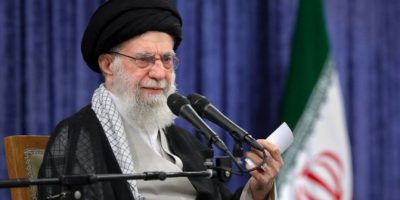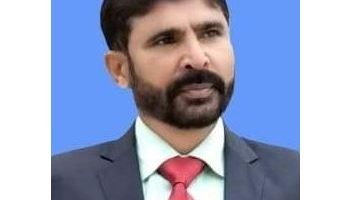Emerging political scenario by Ansar Mahmood Bhatti

While mystery still shrouds the underlying motives of the Faizabad dharna staged by stalwarts of Tehreek-e-Labbaik Pakistan (TLP) that significantly added fuel to the already charged political scene. Who actually masterminded it and what were the ultimate objectives? PTI in particular has demanded the resignation of the prime minister and the interior minister for the government’s ‘failed’ attempt to disperse the mob after repeated deadlines owing to failures of planning and shocking poor tactics of the operation. PTI’s contention that if everything is to be settled and mediated by the Army then government has no moral right to remain in power, undoubtedly carries weight.
The way the whole dharna was handled, from its departure from Lahore for Islamabad, with an unhindered approach till it reached the critical twin city junction of Faizabad, smacks of mischief, complicity and lends credence to the widely accepted view that the PML N government helped to create the crisis and then managed to exacerbate in at every step. In a wider perspective, the move can be regarded as an international conspiracy to destabilize Pakistan, with a view to not only keeping it on its toes but to harm CPEC also. According to some credible sources, a meeting took place in Kabul in recent days which was participated by some foreign agencies and the Taliban factions hostile to Pakistan. The agenda obviously was to create fissures among the Pakistani society and destabilize especially those cities where these anti-Pakistan elements, from within and without, had already caused damage.
The pro-government elements contend that the dharna was backed by the establishment in order to exert pressure on the government to call it a day and announce early elections. By backing the dharna the establishment successfully managed to dent the right wing vote bank of PML- N. It is now very likely that in the next election PML-N may lose its support of the religious parties that have traditionally been its staunch supporters. TLP is the same religio-political party that surprisingly got the third position in the NA 120 bye-election, sends out very loud and clear signals that it is a force and should not be under-estimated.
Those who believe that the government conceived the entire plan contend that it was done to achieve three specific objectives; firstly, to divert the attention of media and people from ongoing NAB cases of the Sharif family; secondly, gain sympathies of international community that the government genuinely wanted to address Ahmadis issue but it was not allowed to, thirdly, the government wanted to pitch the Pakistan Army against the mob.
Except for PTI no other political party is demanding early election because it suits the PTI’s thought process as it considers itself fully geared up as compared to the other parties for an early election. PPP admittedly is not in a position to put up any different or a worthwhile performance as compared to the last general election while PML-N may fall prey to the incumbency factor. Going by the past precedence, by and large a sitting government is unable to form the government for the second consecutive time, which is yet another factor that makes PTI confident that the next turn is theirs! The departure of this government before March shall certainly affect PML-N position in Senate, where it is likely to get as many as 18 seats and thus would form majority in the Upper House. PPP which now controls the House would get only 8 seats in March Senate elections.
The question remains why PTI and others do not want PML N to achieve a majority in the Senate elections? Maybe, PML N has compulsive motives to make fundamental changes in the accountability law, revision in the superior judiciary’s retirement age and over and above to get some say in appointment of officers of the armed forces. With a majority in both houses the Senate and the National Assembly, these ambitions can have a smooth sail.
Formation of a national government is another scenario that is being discussed in certain quarters especially those who advocate an across the board accountability. One may agree with the proponents of this proposal, however, there is no legal or constitutional provision for such an arrangement. Nevertheless, this is an option for which some grounds will have to be made. A caretaker government, as is the usual case, will take over before the general election once the present government completes its term. Thereafter, the caretaker setup implores the Supreme Court to grant it one year or two years extension in order to carry out a thorough accountability of all those who have looted this country.
Related News

Martyr’s Blood Speaks, Rise, Muslim Ummah
Sadaf Noreen Awan The martyrdom of Syed Ali Khamenei (1939-2026) along with his family includingRead More

After Khamenei: Iran, America and the World
Dr. Muhammad Akram Zaheer The spectre of a direct war between Iran and the UnitedRead More


Comments are Closed